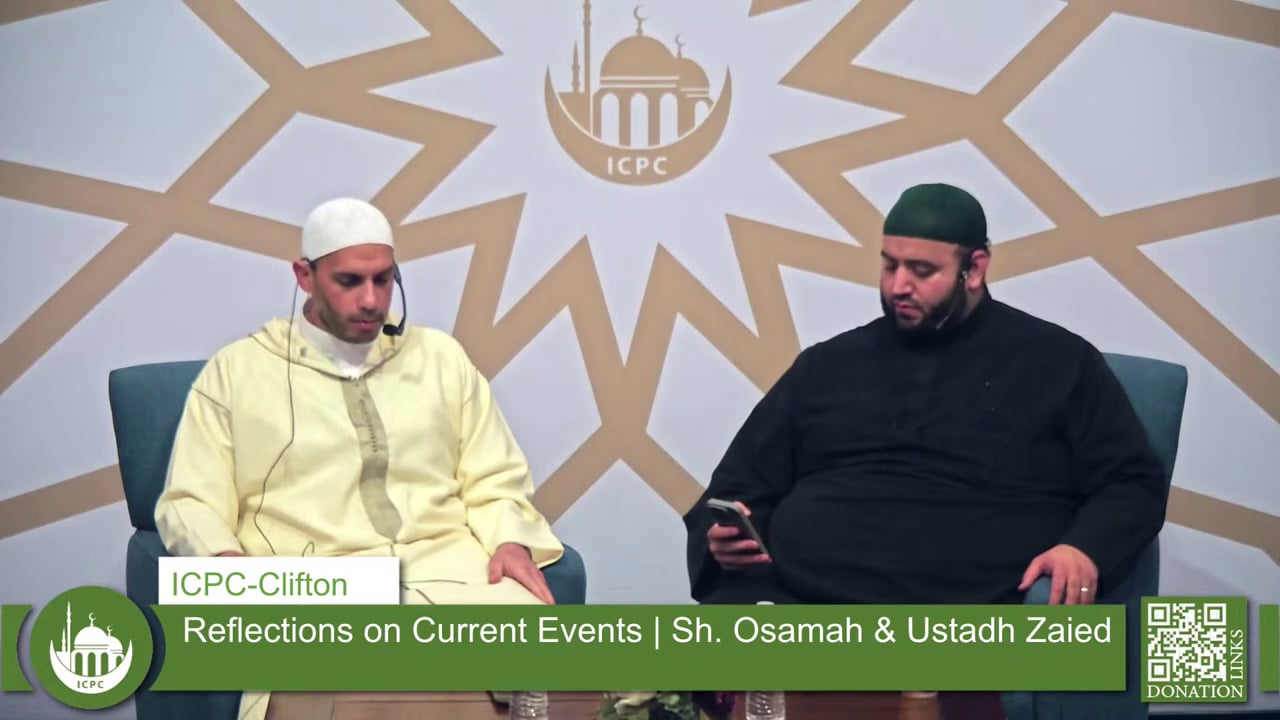
Following are excerpts from a discussion about the veil between Iqbal Baraka, Editor-in-Chief, of the Egyptian Hawaa women's magazine and Al-Jazeera TV news presenter Hadija bin Qinna. The show was aired on LBC TV on May 28, 2006.
Interviewer: How do you view the phenomena of celebrities taking up the veil, Iqbal Baraka?
Iqbal Baraka: In my personal view, this phenomenon has less to do with religion than with social, economic and political factors. Women are intimidated and terrorized. The Arab woman is subjected to continuous pressure to wear the hijab. The Arab man tries to gain control and hegemony in any field, to compensate for his utter failure in the political field. So he puts pressure on the woman. Some say that the hijab is a religious duty - as if Allah ordered men to observe five religious duties, and ordered women to observe six. This completely contradicts the equality between all human beings in Islam.
[...]
This phenomenon began to spread with the Arab defeat of 1967, when some Muslim scholars alleged that the reason for the defeat was that Muslims were distancing themselves from their religion. Women going out to work and women's liberation were the main reasons for the defeat, in their view.
Consequently, there began to be tremendous pressure on the weak and wretched element - the woman. This was a way of compensating for the shortcoming of the Arab man, who was repeatedly defeated in the political sphere.
This is a social, political, and psychological phenomenon, more than a religious one.
[...]
Hadija bin Qinna: I became convinced that pleasing God is much more important than pleasing the viewers. I was surprised that after taking up the hijab, most of the viewers' responses were wonderful. People welcomed decision to wear the hijab and congratulated me. Almost all media outlets... You'd be surprised if I told you that media outlets from India, Japan, Columbia, the United States, London, France... Media outlets like La-Figaro, Le Monde, The Times and The Guardian... Many media outlets talked about the hijab. I think that Iqbal Baraka is mistaken in her analysis.
[...]
How come individual liberty ceases to exist only when it comes to the hijab? Today, the homosexuals talk about their liberties, and demand that associations be establishment to defend their rights, and in some Arab countries they even march in the streets. So how... I mean... Homosexuals have begun to talk about their liberties - is it too much to grant us the liberty to wear what we want?
[...]
She talks about the hijab as if it were a lethal virus, or a plague liable to spread rapidly, and she fears that the hijab might spread in society this way.
Her interpretation of this as a social phenomenon that has nothing to do with religion makes me feel that Mrs. Iqbal is speaking from Wagadugu or some island, and not from an Arab-Muslim country.
Islam is the religion of the state in most Arab constitutions. Women who we the hijab constitute over half of the women in Arab societies.
[...]
Iqbal Baraka: You believe the hijab to be a religious duty, right? So how come it is not incumbent upon men?
[...]
Hadija bin Qinna: I was in Jerusalem about two months ago, and I noticed that Jewish religious women cover their heads, even with a wig. Some of them shave their head completely, and wear a wig. Of course, we are familiar with Jews' way of deceiving their own religion. Some of these women shave their head completely, and wear a wig as a head covering.
How come the world is not in an uproar when it comes to these women?
[...]
Iqbal Baraka: She raised a very important issue: Why is the entire world against the wearing of the hijab by Muslim women? The reason is that the hijab is a means of racial discrimination, which was initially intended to distinguish the rich from the poor. Later it was used to distinguish between free women and salve girls, and today it distinguishes between Muslim and non-Muslim women, as well as between men and women.
The hijab is one of the most distinct means of racial discrimination.














